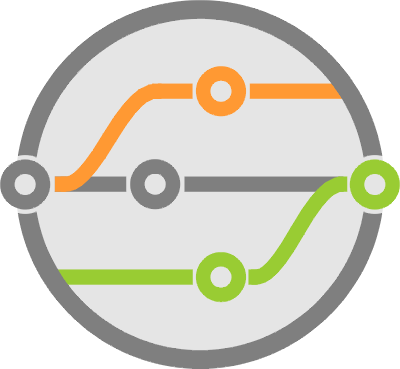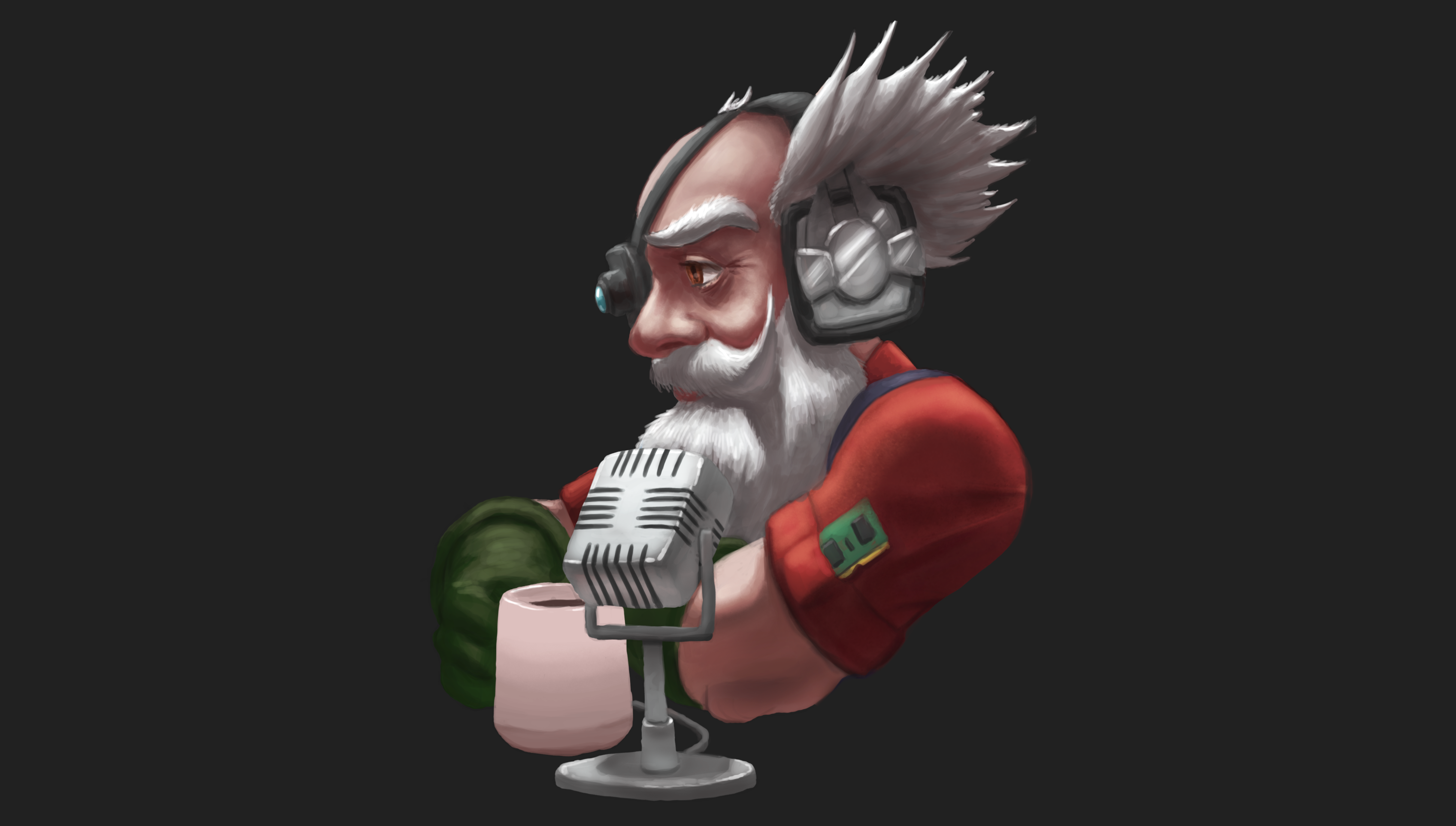Episode 11 - Studies in Search Engine Optimization: 13 Essential Practices for Developers (Part 2 of 2)
42 mins
Finishing up on our previous episode on search engine optimization, this time we discuss specific things that you can do as a developer building a website to improve your rankings and discoverability.
What can I do as a Developer?
- Developers must learn about SEO so they can design for it. A few small tweaks early on can make it easy to integrate with organizations responsible for content updates.
- Using the
<picture>tag instead of<img>for loading images of the optimal size that provide a fallback. - Single-page web apps aren’t easy to crawl and may have lower SEO.
- Using more modern image compression formats like
webpand its implications. - Optimizing load times with
preconnectandpreloadparameters inside<link>tags. - Minimizing and combining scripts and style sheets for more speed boosts.
- More load time improvements with browser caching and time-to-live.
- How service workers and Progressive Web Applications can help with caching.
- Using AMP to improve the mobile experience.
- Teaching the search engines about your content with
<meta>tags that conform to OpenGraph and Twitter Card specifications. - Optimizing
og:titleandog:descriptionproperties in<meta>tags for search engine display. - Using
<meta name="keywords">. - Describing your website with enough detail to generate search cards by using
JSON-LDdescriptors defined by schema.org. - Use
canonicallinks for similar content andnofollowto dissociate your content from external links. - Use
<meta name="robots">to direct search engine crawlers.
References
Background music by Vendredi from Audio Library+

